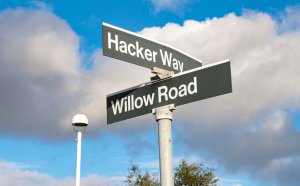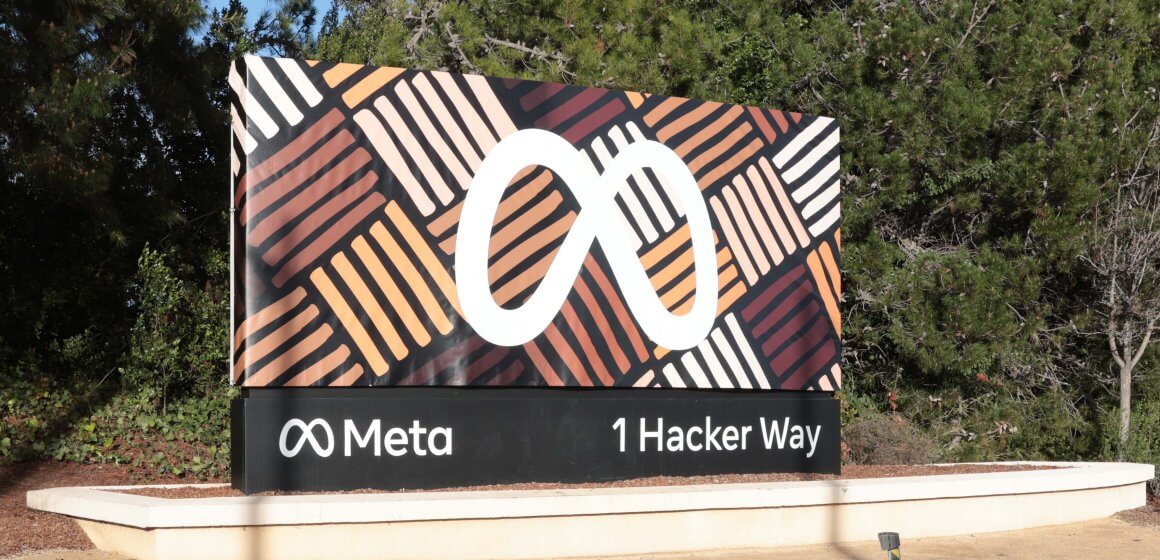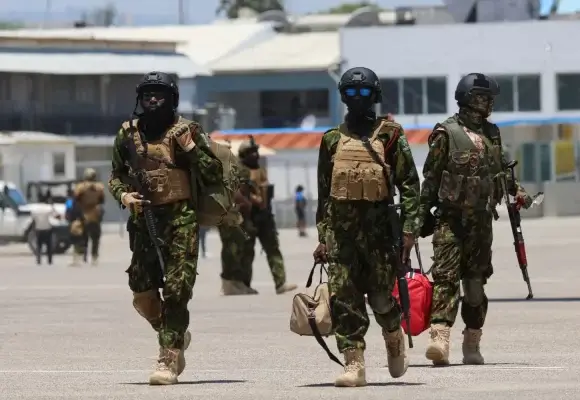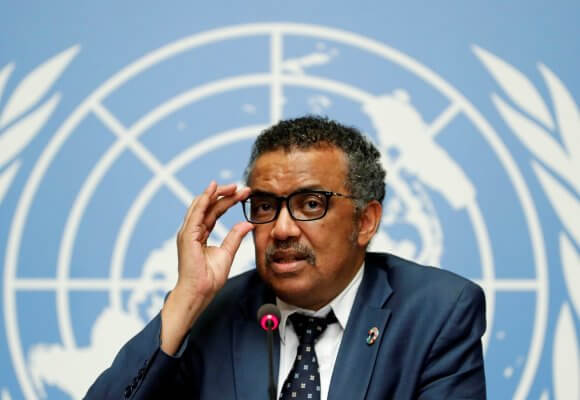|
LISTEN TO THIS THE AFRICANA VOICE ARTICLE NOW
Getting your Trinity Audio player ready...
|
As Nigeria, Africa’s most populous country draws closer to the general election slated for Saturday, February 25, social media giant Meta, formerly known as Facebook, has outlined several measures to combat misinformation that may mislead the electorate.
In a post published on Meta’s website, Adaora Ikenze, Meta’s Head of Public Policy for Anglophone West Africa, outlined their plans to check the spread of misinformation and false propaganda.
Meta’s move comes almost 7 years after the platform was accused of influencing the 2016 US election in favor of former President Donald Trump.
The unveiled strategies will help detect hate speech, promote transparent political advertising and digital literacy to ensure safety, and maintain the election’s integrity.

One of their primary strategies is to remove harmful content from their apps. Any ethnic or religious attacks against individuals or groups will be removed as soon as their safety and security team is aware.
Meta also plans to remove any content that could spike violence, or that aims to suppress voting. Photos or videos that falsely depict acts of violence will be taken down to avoid incitement.
Ikenze revealed that Meta has long-running investments to help them meet its goals. For instance, their global safety team currently comprises 40,000 people, four times the number of people they had in 2016.
The Meta global team of reviewers comprises more than 15,000 people, and they are equipped to review content in over 70 languages, including Hausa, Igbo, and Yoruba.
In their war against election misinformation, Meta will partner with independent fact-checkers.
“We work with independent fact-checking organizations in Nigeria — AFP, Africa Check, Dubawa, and Reuters — who review and rate content in English, Hausa, Yoruba, and Igbo. When content is rated “false” or “partly false” by these fact-checkers, we attach warning labels to the content and reduce its distribution in Facebook Feed, so people are less likely to see it,” the company said.
Local radio stations will not be left behind, either. The giant social media networking company has partnered with them to run adverts in Igbo, Yoruba, Hausa, and Pidgin with the hashtag “#NoFalseNewsZone.”
The Zuckerberg-owned company will also conduct a real-time Elections Operations Center to ensure a timely response. The initiative, which will run across all their platforms, will involve multiple experts ranging from data scientists, research, public policy, legal and engineering teams.
Putting The Screws on WhatsApp
Their plans for combating disinformation are not isolated to Facebook. As it has always been, the WhatsApp messages forwarding limit will remain at one group at a time in the case of messages that have been forwarded once. This move will decrease the virality of fake news on the platform.
Nigerians can also use the ‘Search the Web’ function on their WhatsApp platforms to establish the credibility of the forwarded messages that they receive. The function allows users to see other sources related to the content they may doubt.
Transparency in Advertisement
As a regulatory measure, Meta now requires political advertisers to get their verification before they can run any ads. In this process, the advertisers will need to prove that they live in Nigeria, and their ads will have labels to show who sponsored them. These ads will remain in the company’s library for up to seven years, and the information on the ads will be available to the public at all times.
Restricting ads from foreign nations appears to be a result of another lesson Facebook learned from the 2016 US election. Reports indicate Russians purchased 3000 Facebook ads to influence the US election in favor of Trump.
According to The Washington Post, some of the ads specifically sought to deepen disagreements about Muslims and the Black Lives Matter movement.
To reduce the number of ads Meta users see, the company has introduced new controls that allow users to opt out of political ads. This way, the political ads will not be much of a nuisance to their users.
Combating Election Interference
The company disclosed that it would be keen on fighting election interference, particularly by coordinated inauthentic behavior (CIB). CIB is where influencers turn to social media to manipulate public debate.
“Since 2017, we have removed more than 200 networks globally for coordinated inauthentic behavior, including ahead of major elections, and we remain vigilant to this behavior. We will remove and publicly share details of any networks of CIB that we identify across our technologies related to the election,” Meta said.
Meta has been partnering with local stakeholders such as The Independent National Electoral Commission to adequately prepare for any challenges they may face in executing their plans for the upcoming elections. They are also engaging women’s groups and other vulnerable communities to encourage their civic participation.
In a roundtable conducted with various experts, Meta engaged civil society organizations across Nigeria on their work in preventing and countering violent extremism in the country. They further worked with Search for Common Ground to provide training for grassroots civil society organizations.






























LEAVE A COMMENT
You must be logged in to post a comment.